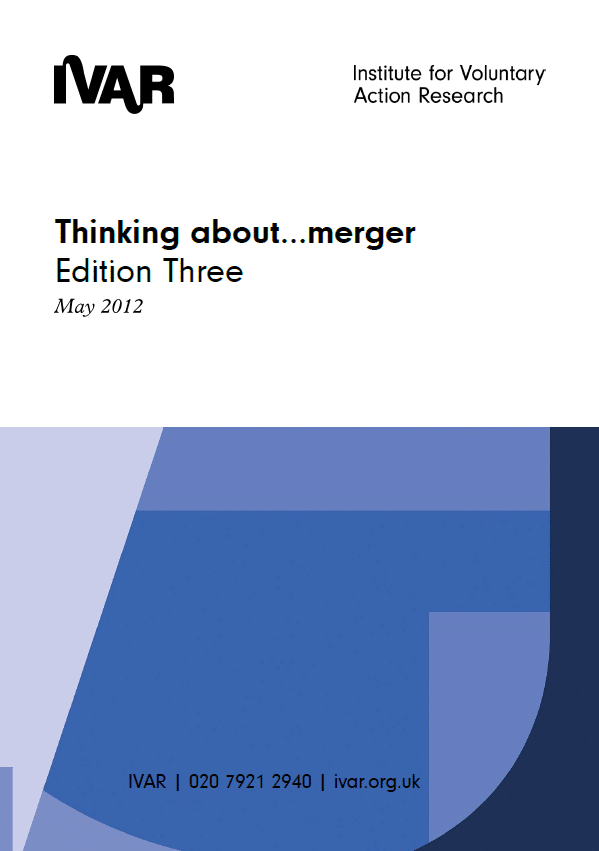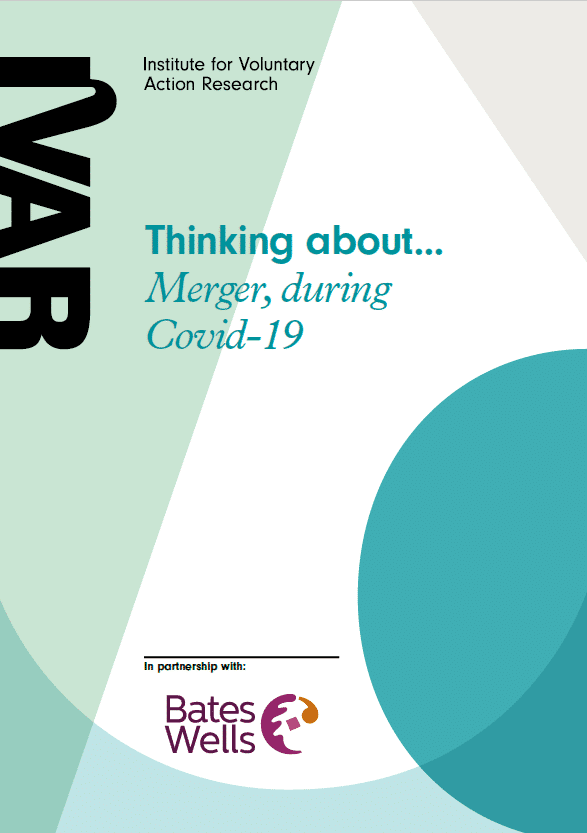
Thinking about sustainability
Understanding what charity ‘sustainability’ means in the current context.
What’s difficult about ‘sustainability’?
Funder-led diagnostic
Funders use the concept of sustainability as a key element in deciding what and how to fund. It is applied as a kind of diagnostic, in which the patient has little say, while changes in communities and how charities work with and within them can be overlooked.
Problematic assumptions
The term carries many assumptions: that organisational survival is always “a good thing”; that organisational strength should be defined by balance sheets; that business models provide suitable analogues; and that fragility and transience are fixable “deficits” regardless of context and size.
Too many hoops
Foundation funding can provide a lifeline and make a lasting difference. But the hoops and strings associated with funding continue to make the experience, for many, difficult and unsettling. And expectations around ‘sustainability’ are often central to those difficulties.
The charity perspective
The new “normal”: less funding, more need
‘A complicated mix of surviving cuts and finding new funders or sources of income.’
What really matters is the work
The work of charities is the hardest thing to judge in terms of its quality and effectiveness: inevitably, much has to be taken on trust. However, the work is what ultimately matters, and funders need to ensure that their judgements and decisions give primacy to it.
The need for unrestricted funding
The real essence of ‘sustainability’ for charities is about covering core costs so that the management and back office can be maintained as the engine room of the organisation, and not become ever more over-stretched.
The funder perspective
The new context
‘The old model – of funding work so that it can prove its value and be mainstreamed into public funding – is, if not obsolete, increasingly irrelevant.’
A negative concept
‘We are highly sceptical about the promotion of sustainability as a term which inherently privileges organisational strength and survival, when the focus really needs to be on the work.’
A concept drained of meaning
‘There is some sense that applicants are adopting the language of sustainability because they have made a judgement that, during uncertain times, funders are more preoccupied about the state of health of an organisation and therefore there is a greater need to reflect the preoccupation of funders.’
Not always the priority
‘In a fast-changing environment where funding can grow and recede with little warning, organisations may need to wane as well as wax, or merge or close rather than limp along ineffectively. We have to take risks if we are really going to be a funder that takes account of context and wants to try and do something about tricky issues.’
How funders can help
Be clear about terminology
What matters most is that foundations:
- Are crystal clear about what they mean by “sustainability”.
- Design their approach to funding and engagement to support it.
- Communicate this unambiguously to applicants, particularly in grant application guidelines.
Cover core costs
The one golden rule which everybody can follow in funding smaller charities is to fund core costs where this is the greatest funding need. At the very least, funders should be flexible about how a grant is used if circumstances change.
Be open to continuation funding
Long-term challenges need long-term funding. Funders need to consider continuation funding as a mark of development and success rather than a sign of dependency. There are four simple questions to ask:
- Is the area of work still a funding priority for you?
- Is the organisation still doing a good job?
- Does the organisation still need your support?
- Is there another organisation which is demonstrably better and which might achieve more with your funding?
If the answers are Yes/Yes/Yes/No, then it would seem logical to offer continuation funding. Funders need to resist the tendency to prefer the new over the familiar just because it is new.
Sustain the organisation
An organisation may have a key role in a locality or sector because of what it is and what it does; its network of relationships (including the trust of hard to reach communities); its key people; its ability to be a nimble, challenging actor in areas of social policy and its potential to change systems; the long-term impact and nature of its work; and the fact that it may have better prospects than others. If the organisation is what needs to be sustained, then longer-term unrestricted funding is likely to be the right answer.
Sustain the values
This may involve exemplary work on beneficiary voice or inclusion; or a willingness to speak truth to power. Again, long-term unrestricted funding may be the best form of support, perhaps allied with support for learning and sharing their values and experience.
Sustain the learning
This may apply to experimental/high risk work where the learning to be distilled and disseminated is (or might be) of particular importance. Funding therefore needs to focus on enabling that to happen (and particularly the dissemination, which needs proper resourcing).


